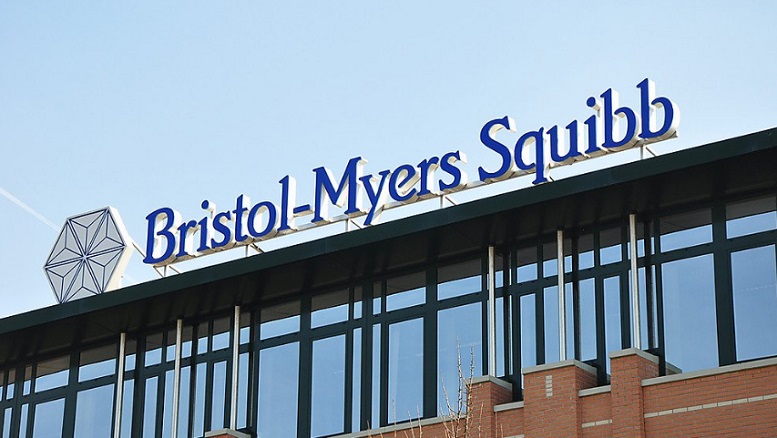On July 27, Bristol-Myers Squibb Co. (NYSE:$BMY) reported a Q2 profit match and revenue beat. However, shares fell 6.2% in pre-market trade after AstraZeneca’s late-stage clinical trial failed. Why did this affect the company’s stock? Well, investors are now worried that this could carry negative implications for Bristol-Myers’ own cancer drug combination.
When asked about the implications of AstraZeneca’s results during a conference call, Giovanni Caforio, who is the CEO of Bristol-Myers, said: “It is difficult to speculate on a comparison.” He added that the trials involve different drugs, dosage schedules, sample sizes, and other factors.
Let’s take a look at the numbers:
For the latest quarter, net income dropped 21% to $916 million (56 cents per share) from $1.17 billion (69 cents per share) in the 2016 period. Research and development costs increased 31% to $1.66 billion.
Meanwhile, adjusted earnings per share were 74 cents, which matched the FactSet consensus of 74 cents. Revenue increased to $5.14 billion from $4.87 billion, compared with the FactSet consensus of $5.09 billion.
Sales of cancer drug Opdivo increased 42% from 2016 to $1.2 billion, while sales of Yervoy increased 34% to $322 million. On average, analysts had forecasted that Opdivo sales would be $1.1 billion and Yervoy sales would be $307 million,
Additionally, sales of Eliquis, which is a blood thinner, came to $1.18 billion, while analysts expected $1.14 billion. Sales of Orencia, a drug used to treat autoimmune disease, came to $650 million, which is below the FactSet consensus of $655 million.
Last but not least, Bristol-Myers updated its 2017 guidance, and increased the lower end of its forecast range for this years adjusted earnings from $2.85 a share to $2.90. They left the top end unchanged at $3. Bristol-Myers also lowered its EPS guidance range to $2.66 from $2.72.
Featured Image: twitter











